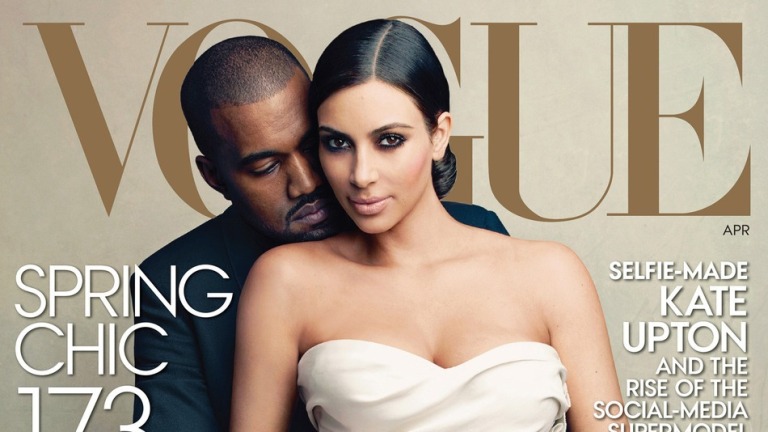
Kylie Jenner, 17, is an American reality television personality, socialite, model and fashion designer. She is Kris Jenner’s daughter and the stepsister to Kim, Courtney, Khloe and Rob Kardashian. She been on the cover of Seventeen magazine, modeled for Sears and other brands, raised money for charity and has nine million Twitter followers.
Last week she launched the #kyliejennerchallenge on social media. It encouraged girls to give themselves fashionably puffy lips using a natural technique: blowing hard on a shot glass with a closed mouth. It backfired. Yes, there was backlash. But it increased her visibility without undermining her brand. From a reputation management point of view, she is in a prime position to make a real impact.
Here are five ways she can. Once a week:
1. Tweet about the rising number of Syrian refugees. The crisis has driven ten million people from their homes. Of those, 51% are female. Many are between 12 and 17, the age of most Kylie Jenner fans. Don’t let them be forgotten.
@Refugees
2. Spread the word about lost, missing and runaway children and teenagers who might be in serious danger. The National Center for Missing and Exploited Children has sharable facts about how communities can help autistic children from becoming lost, as well as a hotline runaways can call for help. (According to their statistics, one in six runaways in 2014 was likely a sex trafficking victim.)
@missingkids
3. Launch a challenge to pledge one million monthly donations of $10 to Doctors Without Borders, which serves citizens in countries facing the worst humanitarian crises. Right now they are sending eight teams to assist those affected by the earthquake in Nepal.
@MSF_USA
4. Help kids learn how to stop, respond to and avoid being hurt by bullying. Tell them about the StopBullying app and that the National Suicide Prevention Hotline is available 24/7 if they need help.
@StopBullyingGov
5. Support the Human Rights campaign for lesbian, gay and transgender rights. The violence facing transgender people is a national crisis.
@HRC
Kylie already leverages her celebrity to support philanthropic causes. As a supporter of The Children’s Hospital of Los Angeles, she auctions off her used clothing on eBay and all profits go to it. She has helped raise serious money for several other organizations, including the Robin Hood Foundation. We say take the #KylieJennerChallenge to the next level—and keep it there for a year. The results will be big…and show the power of #truebeauty.



